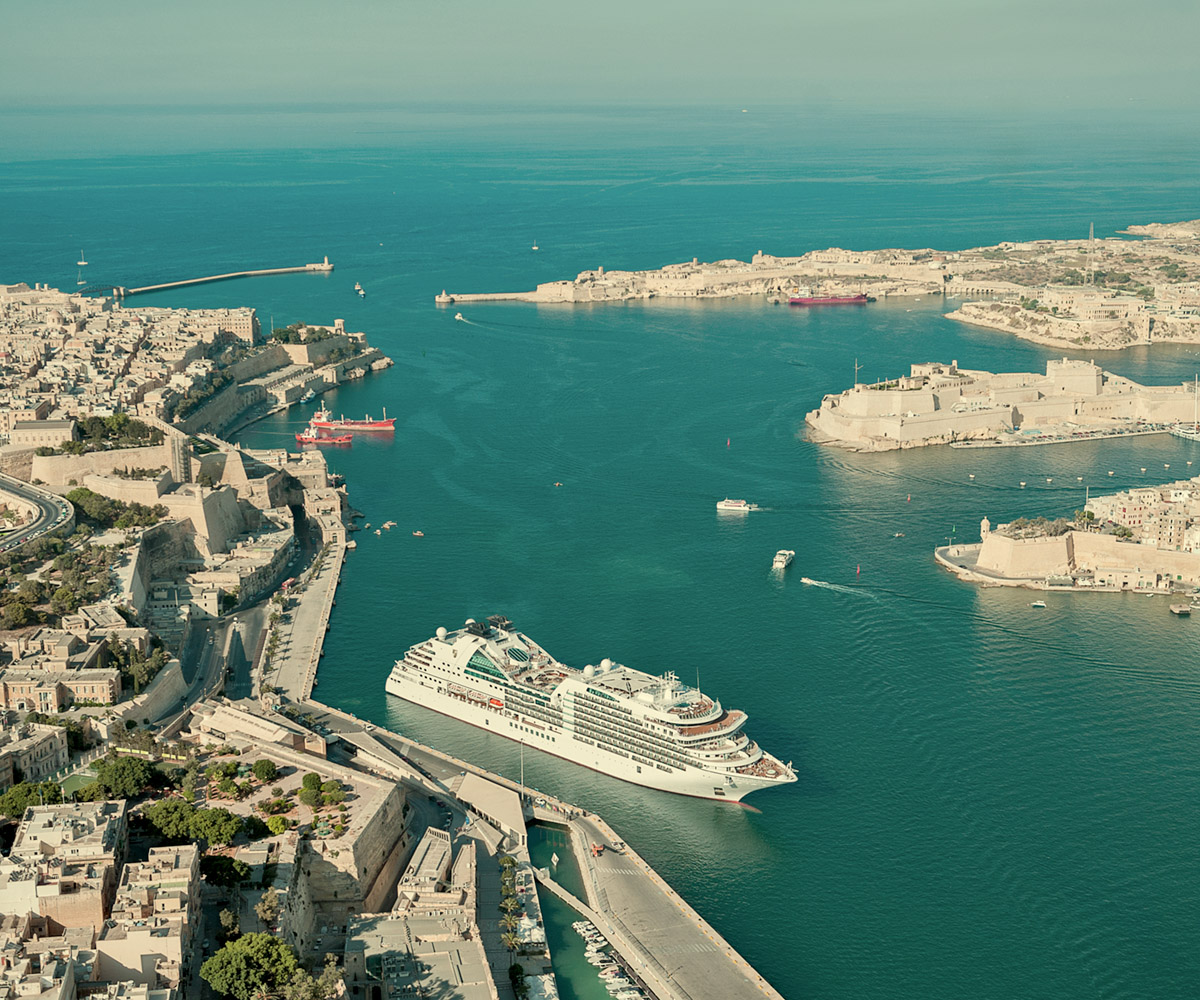Malta is a small archipelago spread over 316 square kilometres with just over 400,000 inhabitants. The largest island, Malta, is the cultural, commercial and administrative centre; Gozo is more rural, characterised by tourism, crafts and agriculture; while the other islands are largely uninhabited. Despite their small size, the islands have a rich history spanning several millennia, heavily influenced by their strategic location at the centre of the Mediterranean Sea.
An important commercial hub astride the major trading routes in the region, Malta inherited a unique mix in terms of heritage, culture, language and way of living from all who colonised the islands throughout their history.
Arguably, one of the most radical cultural and economic transformations the islands went through was kickstarted in the 16th Century by the Knights of the Order of St John, who were also responsible for sowing the seeds for Malta’s education system, having set up the Collegium Melitense.
The legacy of the past has an influence on the present, and the Maltese islands remain an important regional base for business. Substantial levels of foreign direct investment have taken place in multiple areas, resulting in impressive economic growth over the years in various sectors, including in international education services.
The economic success Malta is registering is also resulting in a growing expat community, attracted not only by the business opportunities available in the country, but also by the excellent quality of life as well as the fact that it is quite easy to settle in Malta given that English is an official language and the language of doing business, while most Maltese are also proficient in a third language.


